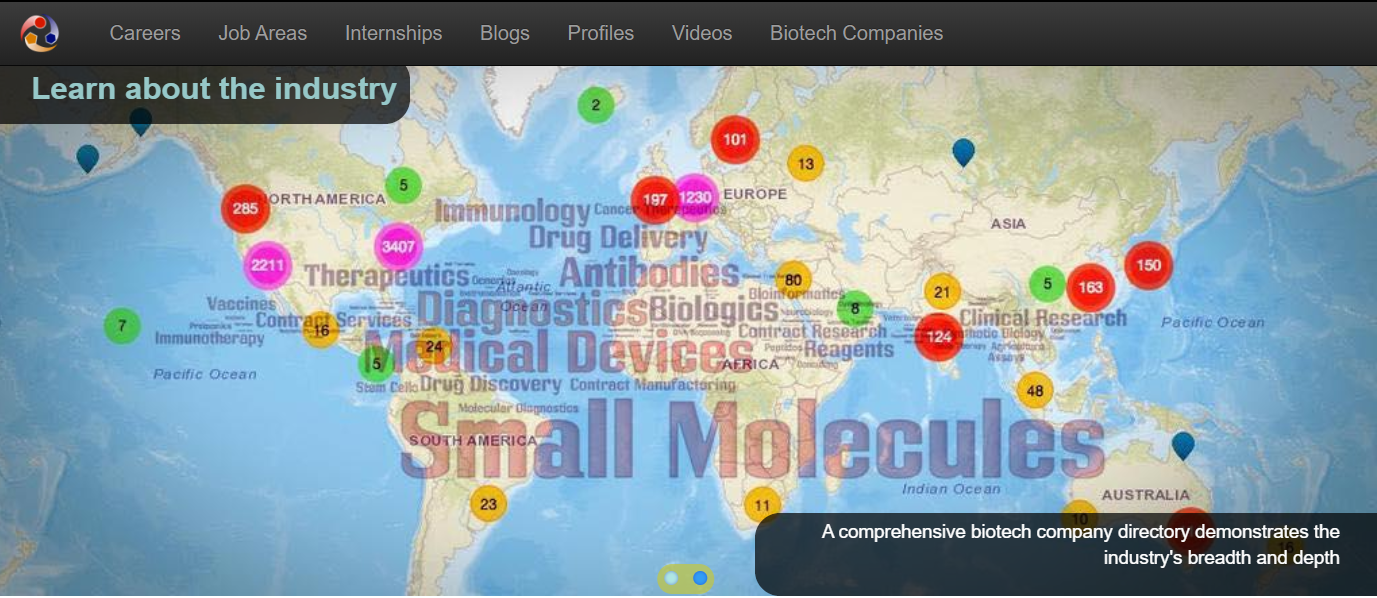The Collaborative Institutional Training Initiative (CITI Program) has an exclusive licensing agreement to offer a selection of Biotility’s asynchronous biotech training courses on their online learning platform. CITI Program has 20+ years of experience in online learning, and their modular learning management system allows for extensive customization while permitting learners to transfer completion credits across subscribing organizations.












